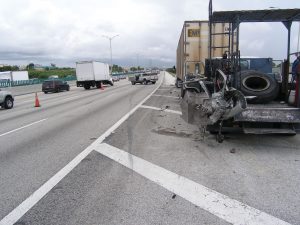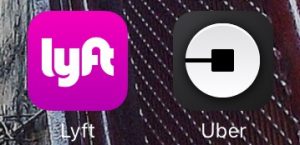Everyone is familiar with the idiom, “Keep your eye on the ball.” What it means, quite simply, is to keep one’s attention focused on the matter at hand. Lawyers must remember this during intense situations.
Last week we experienced just such an intense situation. In a case involving severe personal injuries sustained by our client, we attended a hearing on the Defendant’s motion for summary judgment. The corporate defendant was asking the court to enter a judgment that it was not vicariously liable for the negligence of its agent. In other words, Defendant was asking the court to throw out the case against it. Serious stuff.
Defendant’s motion was brought under Florida Rule of Civil Procedure 1.510, which reads in pertinent part as follows:
(a) Motion for Summary Judgment or Partial Summary Judgment. A party may move for summary judgment, identifying each claim or defense-or the part of each claim or defense-on which summary judgment is sought. The court shall grant summary judgment if the movant shows that there is no genuine dispute as to any material fact and the movant is entitled to judgment as a matter of law (bold added for emphasis).
The burden is on the moving party (in our case, the Defendant) to demonstrate the absence of genuine material facts, that no material issues remain for trial, and that the movant is entitled to judgment as a matter of law. See, Florida Rule of Civil Procedure 1.510(a). “An issue is genuine if ‘a reasonable trier of fact could return judgment for the non-moving party,’ and ‘[a] fact is material if it might affect the outcome of the suit under the governing law.’” Birren v. Royal Caribbean Cruises, LTD, 2022 WL 657626, at *2 (S.D. Fla. March 4, 2022), quoting, Miccosukee Tribe of Indians of Fla. v. United States, 516 F.3d 1235, 1243 (11th Cir. 2008) and Anderson v. Liberty Lobby, Inc., 477 U.S. 22, 247-48 (1986).
 Florida Injury Attorney Blawg
Florida Injury Attorney Blawg








